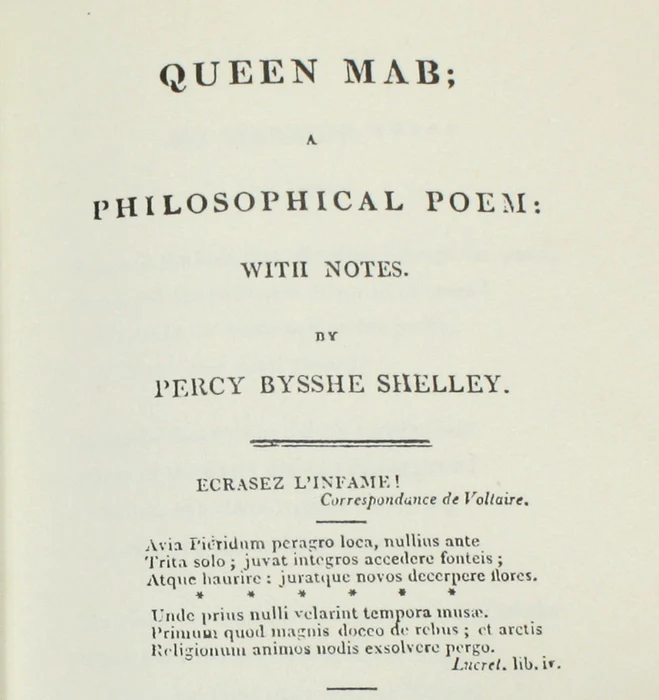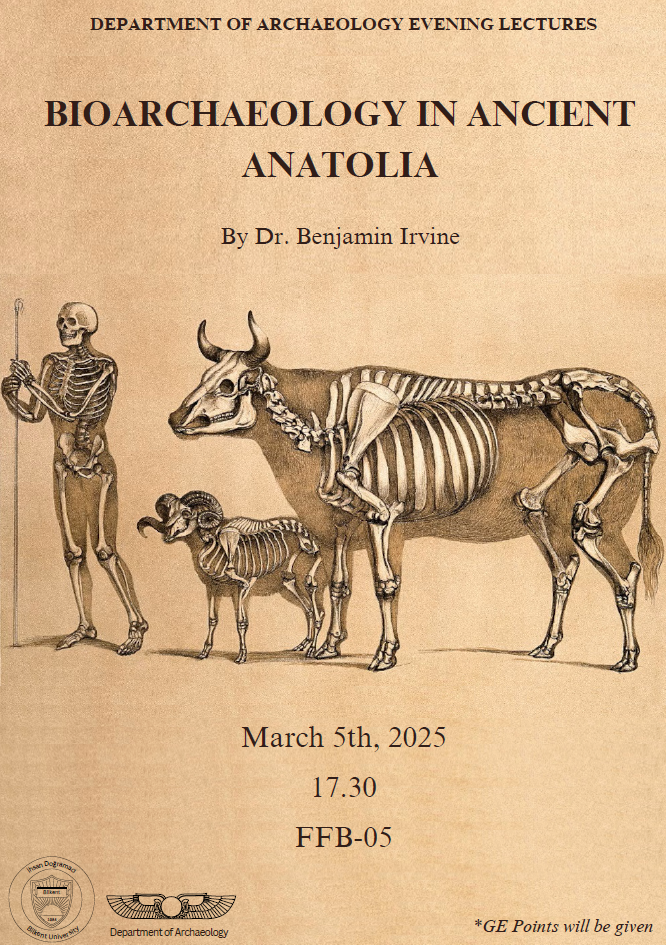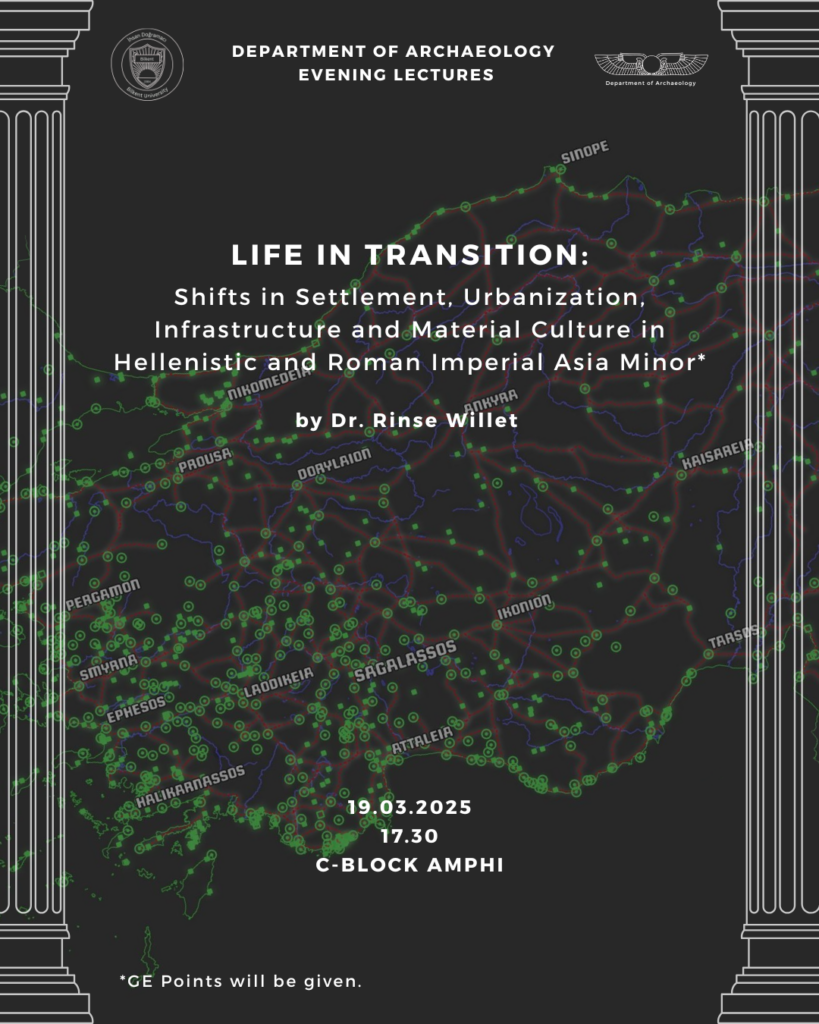Talk: The Automation Bias – Radio Art and American Technopolitics.
Talk: The Automation Bias - Radio Art and American Technopolitics. By Andy Kelleher Stuhl (McGill, Art History & Communication Studies) Date: Tuesday, 4 March Time: 1730-1900 Room: G-140 Abstract: In the 1960s and 1970s, a new technology—radio automation—was changing how sound and information flowed among American audiences, musicians, and creative intermediaries like disc jockeys. But automation did not take hold […]
Talk: Upscaling – On the Cross-Scalar Movement of Modernity
Talk: Upscaling: On the Cross-Scalar Movement of Modernity By Kirill Chepurin (ICI Berlin) Date: Wednesday, March 5, 2025 Time: 1230-1330 Room: H232 Abstract: This talk argues that “modernity,” emerging as epoch and normative program in Enlightenment and Romantic thought, is a cross-scalar category that has, from the outset, served to mediate across three scales: the global, the planetary, and the […]
Talk: Bioarchaeology in Ancient Anatolia
Bilkent University Bilkent University, Ankara, Ankara, TurkeyTitle: Bioarchaeology in Ancient Anatolia By Benjamin Irvine (BIAA-Hacettepe) Dates: 5 March, 2025 Time: 1730-1900 Place: FFB-05 Abstract: Bioarchaeology, the study of bones and other biological materials found in archaeological contexts, can provide a wealth of information about human life and the environment in the past. This talk will examine how bioarchaeological methodologies can tackle important and broad questions related […]
Talk: Life in transition – Shifts in settlement, urbanization, infrastructure and material culture in Hellenistic and Roman Imperial Asia Minor
Bilkent University Bilkent University, Ankara, Ankara, TurkeyTitle: Life in transition – Shifts in settlement, urbanization, infrastructure and material culture in Hellenistic and Roman Imperial Asia Minor By Dr. Rinse Willet (University of Nijmegen) Dates: 19 March, 2025 Time: 1730-1900 Place: C-Block amphi Abstract: During the Hellenistic to Roman Imperial periods, Anatolia saw a rise in cities, monumental architecture, and infrastructure. Roman rule formalized communication networks like […]
Talk: Proximal Functions and the Distribution of Episodic Memory
Title: Proximal Functions and the Distribution of Episodic Memory By Arieh Schwartz (London School of Economics and Political Science, Philosophy) Date: Thursday, April 10, 2025 Time: 1530-1700 Room: H232 Abstract: Most textbook discussions of memory include a tree diagram distinguishing different memory systems. Episodic memory is distinguished from semantic memory. These are distinguished from procedural memory, and so on. There is broad, (though not universal) agreement about […]
Talk: Lost in Imagination – Reality Principle and World Literature
Talk: Lost in Imagination - Reality Principle and World Literature By Mehmet Yıldız (Harvard, Comparative Literature) Date: Monday, April 14, 2025 Time: 1730-1900 Room: H232 Abstract: A fundamental question within the debate surrounding the contemporary notion of world literature concerns the possible misappropriation of texts in foreign contexts. In this talk, I trace such a concern to a commitment towards the […]
Talk: What Is a Free Will? Reflections on Suárez
Title: What Is a Free Will? Reflections on Suárez By Dominik Perler (Humboldt-Universität zu Berlin, Philosophy) Date: Thursday, April 17, 2025 Time: 1530-1700 Room: H232 Abstract: Why are we free in our actions? Suárez, an influential late scholastic author, gives a clear answer: we are free because we have a free will. The will is never determined to accept the action-guiding judgment […]
Workshop on the History of Modal Metaphysics
Workshop on the History of Modal Metaphysics Dates: April 29 - May 2, 2025 Location: Bilkent University About: We will spend a day on ancient theories of modality (especially Aristotle’s), a day on the medieval and Islamic philosophers, and a day on early moderns with a focus on Leibniz. Participants: Faculty and graduate students from Princeton, Bilkent, and beyond. The […]
Talk: How (not) to argue against meritocracy
Title: How (not) to argue against meritocracy By Lars Vinx (Cambridge University, Law) Date: Thursday, May 22, 2025 Time: 1530-1700 Room: H232 Abstract: The ideal of meritocracy has recently come under considerable pressure in political theory. Critics of meritocracy like Michael Sandel and Daniel Markovits argue not merely that existing societies fail to live up to meritocratic standards. Like the sociologist Michael Young, […]








